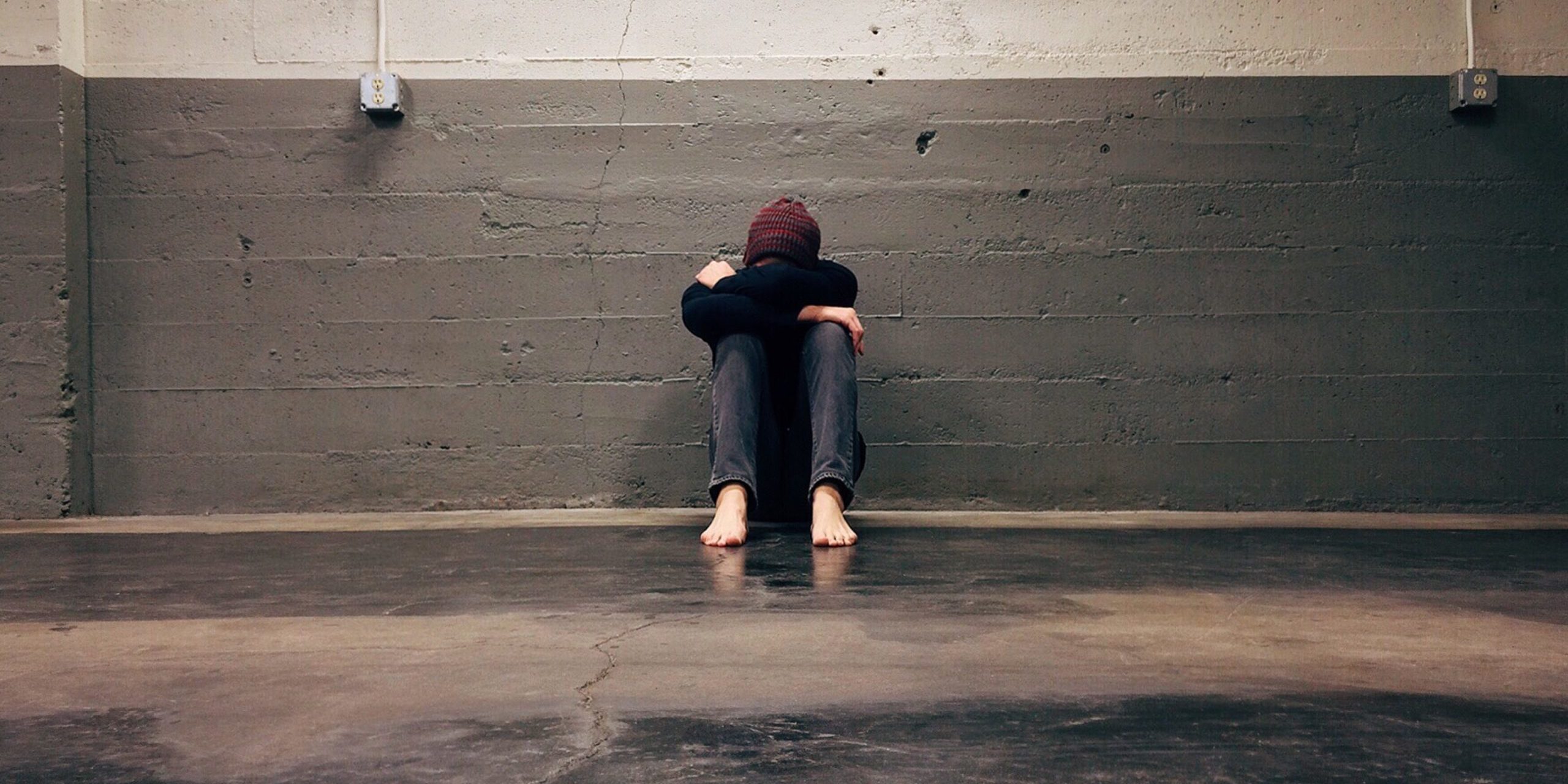- “I can finally breathe”
- “I love not having my cell phone this week.”
- “It is so great to talk to people face to face instead of through a screen.”
- “I feel less stress and not anxious about responding to every message.”
When students realize how much they are attached to their cell phones and the stress and anxiety it gives them, it is like a breath of fresh air and relief. Our week-long service trips to Mexico, detached from their cell phones and social media apps, has given us a big window into the lives of teenagers today. It is amazing what happens when students are “out of touch” with the moment by moment activity a cell phone and social media can bring. Though the first day or two is a little unnerving for first-time students, those who have gone on our trip and have been “forced” to give up their cell phones for the week welcome the excuse to disconnect.
As parents, we can see how much stress and anxiety cell phones and social media brings on our students. I would even say, it breaks our hearts to see them so caught, so stressed in the instant messaging of their world today. In our interactions with many of these students no matter where they are from (we have had students from California, Arizona, England, France, New York, Pennsylvania, Ohio, Kentucky, and Florida to name a few states and countries) they all experience similar stresses and anxieties over their cell phones and social media. Yet, stress and anxiety can come from any direction in a student’s life, buy mainly anywhere students gather, school, sports teams, theatre, music, family, parties, etc. Relationships are important to a student and depending on the health of these relationships, it can cause a lot of stress and anxiety.
When it comes to anxiety and stress it is important for us as parents to understand the differences and symptoms so we can be there for the most important people in our lives.
In a recent article put out by Fuller Youth Institute Stress and Anxiety, Aaron Rosales makes an important distinction between anxiety and stress.
Rosales defines stress: “Technically speaking, stress refers to our body being out of balance. When our physical body gets out of balance due to strong thoughts or emotions, we are stressed! What’s so exciting about stress is that it can be positive (like feeling so excited we’re speechless) or it can be negative (like being so fearful that we start trembling). Often it serves a really useful purpose of helping us to kick into gear when we tackle a tough assignment or enter “the zone” when it’s time to sink a free-throw. Growth means change, and nothing promotes change better than stress sending us a little bit off balance.”
But anxiety is different and we need to be aware of the symptoms. Rosales says, “anxiety is about the way we respond mentally…anxiety often starts to get in the way. Anxious perfectionism might lead to sleepless nights, withdrawing from friends, and a head full of “what-ifs.” When anxiety starts to produce repetitive and disruptive thoughts that make us want to avoid people or situations out of worry, we are entering the realm of anxiety disorders.
I do not profess to be able to diagnose any person as I am not a licensed psychologist. But it is important for us to be aware of the warning signs. Here are a few of the warning signs that Rosales says to be aware of. (These are not a diagnosis, but possible symptoms):
1- Extreme worry – This looks like when a student’s worry is “out of proportion with the stressful situation.” This can lead to sleepless nights or very limited sleep going over his/her day about social mishaps, bad grades, relational tension. You know your student best as to when their worry is out of proportion to the situation as each situation is relative to the student and circumstances.
2- Significant irritability and restlessness. – When we get anxious or stressed energy is running through our body like a race car and if we do not have any physical activity or place to release this energy it can lead to irritability, tight muscles, and headaches.
3 – Low energy and concentration – The opposite of #2 can be present as well. Our bodies are not capable of running on high energy as a result of anxiety for very long. The anxiety will wear on our bodies and cause a lack of concentration and feeling exhausted.
Our students are the most important people in our lives and when they hurt we hurt with them; when they struggle we struggle with them. Many times all students need is:
- a parent or an adult who will just sit with them without expectations
- listen to them without judgment or looking to respond
- encourage
- provide a safe place for them to be and to rest.
- create boundaries around their cell phone use
- They need adults in their lives that believe in them and give them hope.
But if the anxiety becomes too much, we need to seek professional help for our sons and daughters. There are some things in life we just can’t do ourselves. There are many great adolescent psychologists who are ready to help. It’s ok to ask for help.
We at Be2Live believe in your student, we are in your corner, we are cheering you on. We know the adolescent years can have some of the highest of highs and the lowest of lows. Keep going, keep believing and parents, you are still the most important voice in your student’s lives…don’t forget that!




